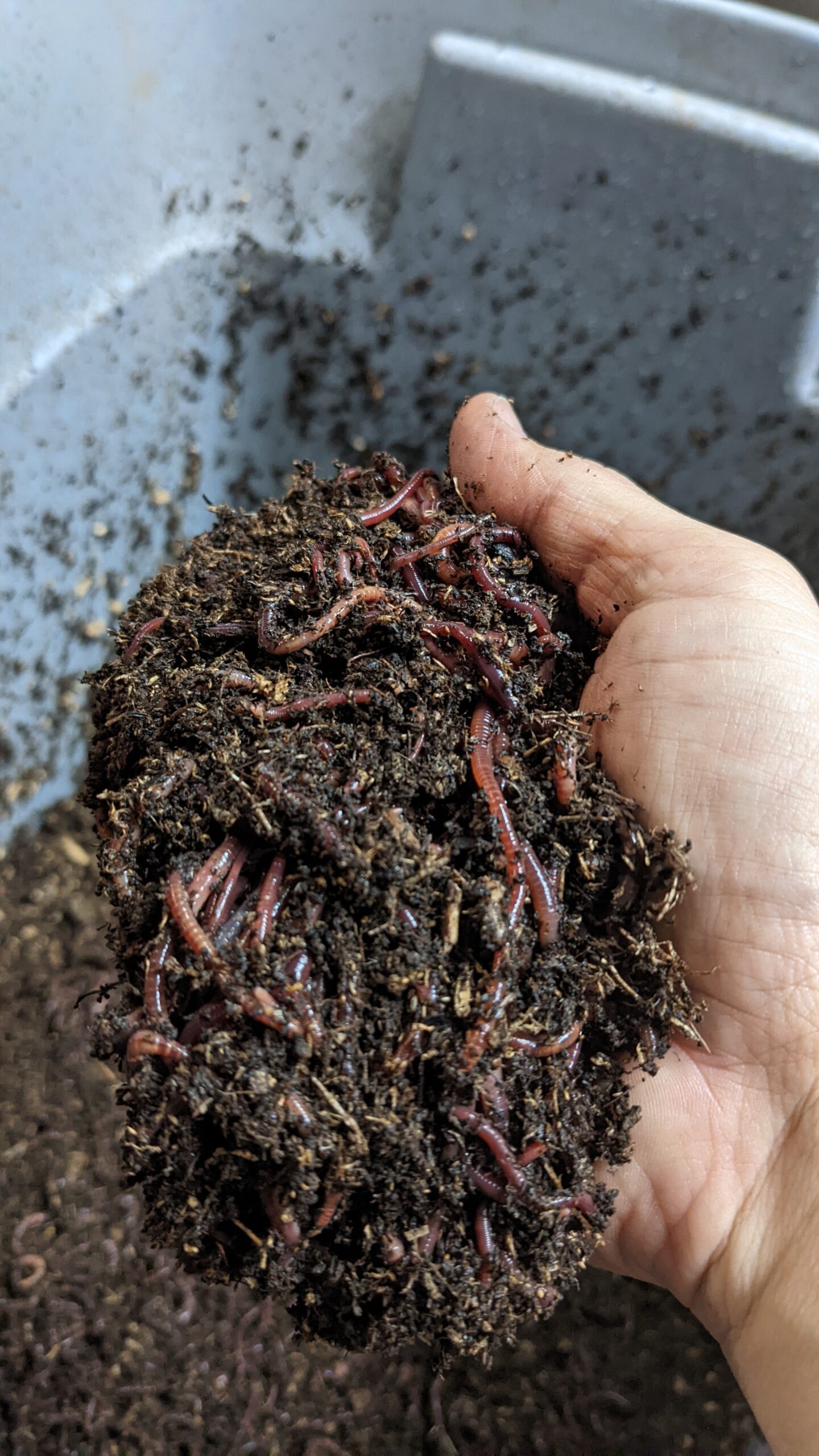About Red Wiggler Express
About Red Wiggler Express
Blog Article
The Only Guide to Red Wiggler Express
Table of ContentsRed Wiggler Express - The FactsLittle Known Facts About Red Wiggler Express.Red Wiggler Express Fundamentals ExplainedThe Best Guide To Red Wiggler ExpressThe Basic Principles Of Red Wiggler Express
And the growing Red Worm population? Also in the load that was set up straight in front of backyard composters with existing Red Worm nests.
Numerous ranges, consisting of Red Wigglers, European Nightcrawlers, and Lumbricus species were brought over from the European continent. Below's the thingNative or not - and as gifted as they are at being able to survive in a wide-range of environments and problems -. Simply put, they are even more likely to socialize in any kind of active composting systems you have established, than they are to stroll off and begin ruining the atmosphere.
Roots call for oxygen for respiration and count on smooth airflow within the soil to flourish. When it rainfalls, dirt can end up being saturated with water, minimizing the oxygen offered and preventing vitamins and mineral absorption. To maintain an optimal balance, the dirt has to permit water to drain pipes properly, leaving enough room for air to sustain origin health
Not known Facts About Red Wiggler Express

When it comes to worms for composting, what comes to mind? If you were an earthworm dog breeder, dealership, or simple garden enthusiast, after that you would certainly understand that red wiggler worms are the suitable worms for vermicomposting. To read more regarding these planet wonders, checked out some of the red worm realities listed below.
(https://www.advancedseodirectory.com/Red-Wiggler-Express_492028.html)If they stretch their bodies, you'll be able to see the stripes on their skin. When increasing worms such as red wiggler worms, you need to be able to recognize exactly how to profit them. When you have the ability to preserve and look after their habitat well, and likewise feed them the right sort of natural wastes, then they'll be able to generate nutrient-packed and quality-rich worm castings for you (additionally referred to as worm poop or garden compost).
Not known Incorrect Statements About Red Wiggler Express
What do worms eat? Well, these red wriggler worms can be fed with kitchen area scraps and yard wastes.

This habits makes them well-suited permanently in worm containers, compost heap, and other confined areas where organic waste is bountiful. Developing an optimal atmosphere for red wigglers calls for a thoughtful strategy. Consider the following necessary components to look after red wigglers at home and ensure their well-being: Use a bedding of shredded newspaper or cardboard.

Red wiggler worms duplicate by laying little, lemon-shaped eggs in protective cocoons. These cocoons are generally transferred in the bedding and hatch right into infant worms within a few weeks.
Red Wiggler Express Fundamentals Explained
Their adaptability and strength have actually made them a prominent option for vermicomposting in different areas around the globe. Yes! They can endure from a series of 32F to 90F. They are very versatile animals. Think about protective actions for extremely extreme temperature levels such as: Protecting the worm bin with layers of straw or leaves.

When caring for your red wigglers it is very important to remember to: 1) K.I.S.S (Keep it Simple) and 2) whatever in small amounts. These regulations relate to feeding your compost worms, watering your worm containers, and practically every little thing else associated with looking after them. Just bear in mind - you can always add more food later (but it's hard to eliminate feed once it's been contributed to a container!).
Since I fed the red wigglers and compost worms as well much, they weren't able to maintain up and over time the older food went leftover and developed anaerobic conditions that killed the worms. Here're the 6 golden policies for how typically and exactly how much to feed your worms: Policy # 1: Small amounts!
The Best Guide To Red Wiggler Express
Uneaten food will certainly result in anaerobic problems that will kill your real-time worms. It is ok to spray a little of their initial bedding (which should already remain in the container) over the food, but the food needs to never ever be hidden and should be visible to your eye. Rule # 5: See guideline # 1! Regulation # 6: After the first feeding, feed the worms 1/3 to 1/2 of their weight.
Report this page